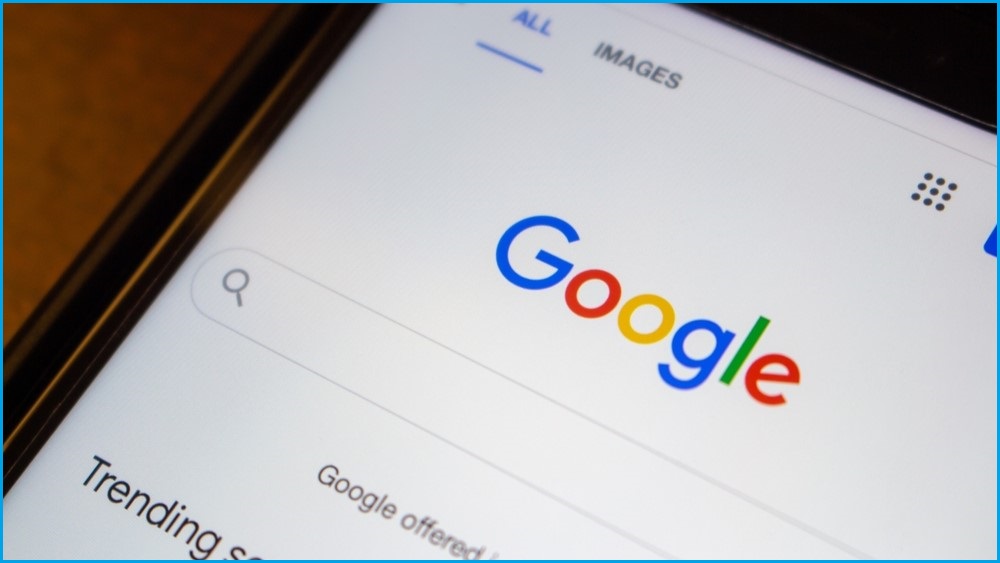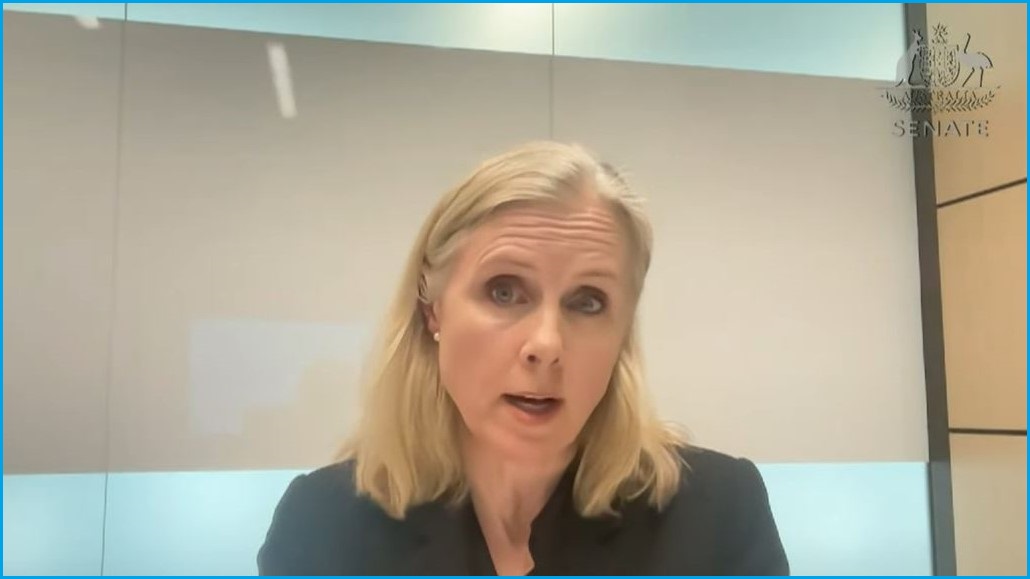Google has claimed it does not dominate search engine services in Australia after a judge earlier this month found the tech giant operated an illegal search monopoly in the United States.
Representatives from Google responded to questions from Australian senators during a meeting of the Select Committee on Adopting Artificial Intelligence on Friday, which also saw tech giants Amazon and Microsoft front up.
Google’s director of government affairs and public policy for Australia and New Zealand, Lucinda Longcroft, argued Google was not dominating search in Australia.
Responding to questions from Labor senator Tony Sheldon — who asked if Google Search was dominant in Australia like it was found to be in the US — Longcroft responded “no” and said Google’s search service was “popular with Australian users”.
“We don’t agree with that framing of our products,” she said.
“… We invest and innovate strongly in ensuring that our users are served by the best possible product.
“And the popularity of [Google] Search is an indication of the degree of that investment and the work that we put in, in what is a dynamic and highly competitive environment.”
It is estimated that more than 90 per cent of web searches in Australia are made through Google Search, with its closest competitor, Microsoft’s Bing, estimated to only receive around 4 per cent of searches.
On mobile devices, Google’s search market share “remained consistently around 98 per cent from September 2021 to July 2024”, according to the Australian Competition and Consumer Commission (ACCC).
Google's Lucinda Longcroft argued the company was not dominating the search market in Australia. Image: Parliament House / YouTube
When questioned about similar estimates by independent senator David Pocock, Longcroft said the statistics were “fact” but argued they “only reflect a portion of the way in which Australians search for information online”.
Longcroft told the committee Google had many competitors in search, and argued online retailer Amazon was an example.
“My children are searching for a venue to have a party — they may go to [Google] Search,” she said.
“If they are looking for trainers, they may go to Amazon.
“We search for information in very different ways, and we as Google are so aware of the choice …"
Longcroft argued the global market for AI services was also “rapidly evolving, highly competitive and dynamic”.
“We relish that competition,” she said.
Google previously said it would appeal the decision of the judge in its US antitrust case, which could lead to major changes or fines for the company and its parent, Alphabet.
In Australia, the ACCC is currently undertaking a competition investigation into Google’s search services.
Telcos agree to ditch Google defaults on Android
Until 30 June 2024, Australia’s mobile network operators Telstra, Optus, and TPG held agreements with Google which required them to pre-install Google’s search service as the default on Android devices they sold.
All three companies have since entered agreements with the ACCC — most recently TPG on 9 August — pledging that they will not renew these agreements with Google, or enter any new ones.
The ACCC said the agreements rectified its concerns over the companies’ involvement in “alleged anticompetitive conduct”.
“In our view, this undertaking from TPG, following those recently accepted from Telstra and Optus, is another important step towards providing Australian consumers with more choice about the digital platforms and services they use, and to encourage more competition in these markets,” ACCC Commissioner Liza Carver said earlier this month.
The regulator said it was continuing its investigation into “Google’s conduct in entering into such agreements more broadly, as we consider this raises potential competition concerns”.
Google has also paid billions of dollars to Apple to be the default search engine across Apple’s products, including the iPhone, iPad and Mac.
An interim report released by the ACCC in October 2021 found pre-installing Google Search as the default search service on many devices had contributed to it being the most popular search engine in Australia.
At the time, the ACCC argued Google’s deals with companies such as Apple “stifled innovation and reduced consumer choice”, as most consumers did not switch away from default search providers on their devices.
The ACCC is expected to submit the ninth interim report of its inquiry into digital platform services such in September 2024, before its final report in March 2025.











